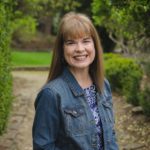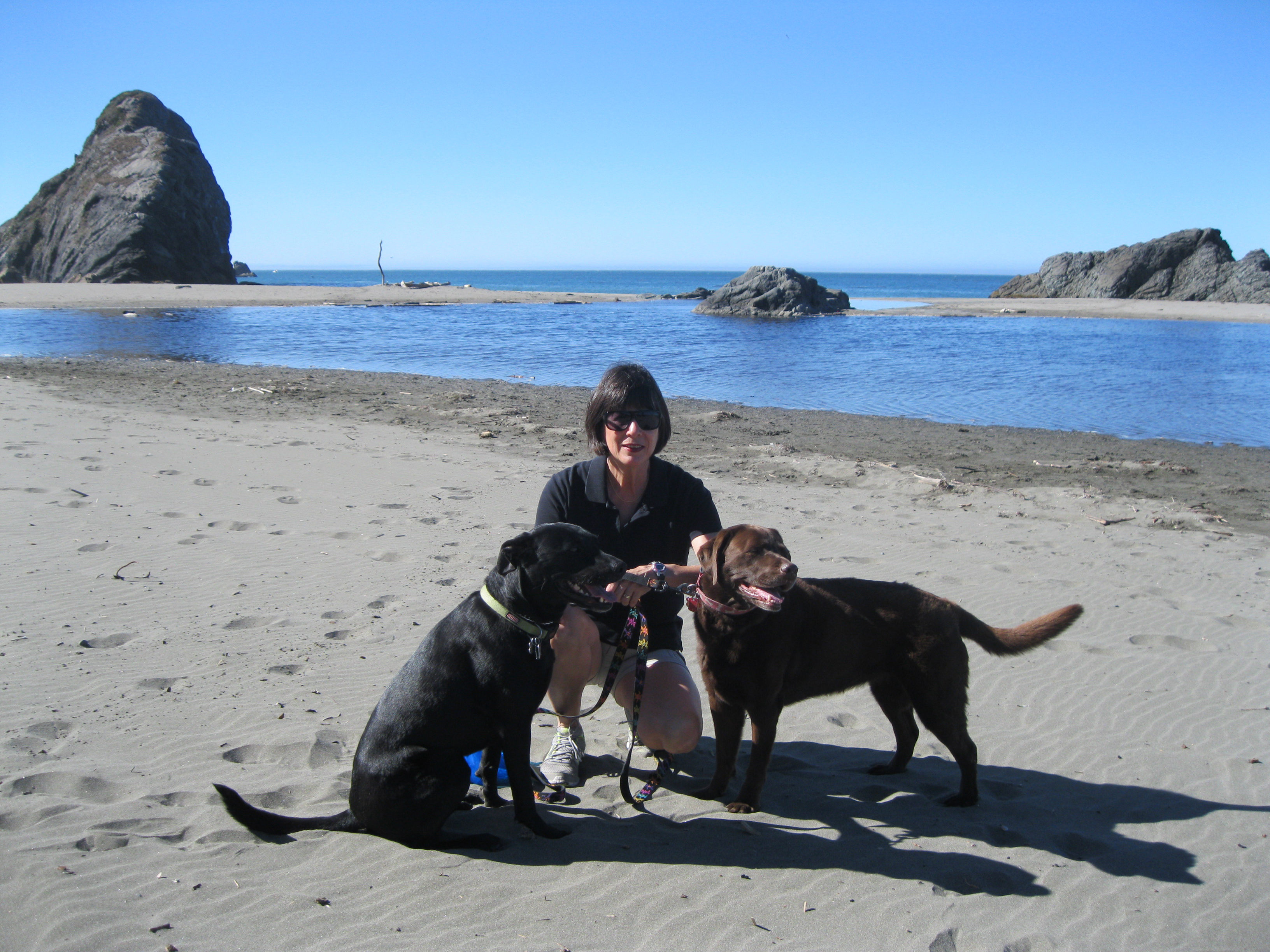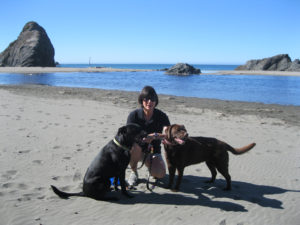By Leah Howell
I have worked at summer camps for most of my career. I started as a junior camp counselor, and over the course of high school, college, and graduate school found myself drawn to camp program management in the most beautiful of settings. I completed my graduate thesis at a summer camp, and have never regretted contributing the majority of my time and efforts to concepts of leadership development, environmental conservation, and teamwork during these years.
As the past Training Coordinator for a sexual abuse prevention program at the CAC, and learning about prevention as well as the prevalence of sexual abuse, I recognize how inadequate the standard camp measures were in creating a flawlessly safe environment for youth. As Camp Counselors, Program Directors and Camp Administrators, safety was on our radar – we were keenly aware of the dangerous and overtly suspicious situations involving adults and youth. However, looking back over the course of many years working and living at camps, I now more fully recognize the potentially compromising environments that exist in a youth camp setting. Consistent and costly changes to the camp’s physical environment, facilities, organizational processes and staff structures would have been needed to totally eliminate potentially harmful situations. I doubt much has changed in camp standards in the last 15 years.
I do not say all this to scare you, Parents. Camp can be a wonderful enriching experience in a youth’s life. I only say this to communicate how crucial it is for you to get proactively involved to increase the protection of your kids. I advise this not only as they go away to day camp or sleep away camp, but as they interact with organizations of all kinds.
Here is some great advice from Dr. Jackie Humans, on how to best prevent, recognize and react to sexual abuse, which can be applied to all organizations that provide care for your child.
“According to Psychology Today, adolescents account for approximately 50% of all sexual abuse. Unfortunately, summer camp is an ideal place for abusers; in recent years, sexual abuse has occurred at Christian camps, publicly funded camps, Boy Scout camps, and even the camp run by the school President Obama’s daughters attend. While no camp is immune from the possibility of sexual abuse, there are five important steps parents can take to prevent their child from becoming a victim of abuse.
- Educate about body parts
When teaching your child the names of body parts, use the proper terms for penis, scrotum, vagina and anus. The use of euphemisms can jeopardize your child’s credibility should they someday need to report abuse. Explain that these parts of their body are very private, and that no one should be touching them there unless that person has a legitimate reason (e.g., a pediatrician or early child care provider).
Because every child molester asks their victims to keep the abuse between the two of them, teach your child that it’s never okay to keep a secret (unless it has an ‘expiration’ date, such as a surprise party) and that if someone touches their private parts they need to tell you or another adult (many camps forbid cell phones) immediately; and to keep telling until they get help.
Even if someone just makes them feel uncomfortable or creepy when they’re nearby, they need to report it.
Make it clear that no matter what another child or adult may tell them, they will never get into trouble for reporting.
Lastly, move heaven and earth to make sure that no adult is ever allowed to be alone with your child. The only way abusers can do what they do is by having uninterrupted, private access to a child.
- Screen the camp
It is important for parents to know that the camp has policies and procedures in place to minimize the risk of sexual abuse. Parents should ask the following questions:
Are criminal background checks (including the sex offenders registry) performed on all personnel? How many references does the camp require, and how does the camp check them?
What training do staff members receive about child sexual abuse?
How are campers made aware of what to do if they feel unsafe?
Under what circumstances are staff members allowed to be alone with a camper? (The answer needs to be: NONE!)
How does the camp monitor behavior of older campers with their younger peers?
Are at least two adult counselors assigned to sleep in each cabin?
Who is responsible for enforcing camp rules and regulations?
- Recognize potential abusers
The Center for Disease Control and Prevention reported in 2005 that 1 in 6 boys and 1 in 4 girls are sexually assaulted before the age of 18. The vast majority of abusers (90%) are male, and 71% of the time, the abuser knows the victim.
Whenever someone seems to be overly interested in your child, beware. Camps routinely forbid their counselors to babysit or spend time with campers outside camp precisely because a counselor who has had the opportunity to develop a close relationship with your child is in a position to have an undue amount of influence. Sexual predators tend to be masters at “grooming” their victims by insinuating themselves into their victim’s life and becoming someone the child likes and trusts.
What many parents don’t realize is that almost a third of sexually abused children are victimized by an older child. That’s why it’s important to know what the camp’s policies are regarding how much contact is permitted between different age groups and how well supervised the groups are.
- Know the warning signs of sexual abuse
Warning signs of sexual abuse in younger children:
Trouble walking or sitting
Precocious awareness of sexual topics
Seductive behavior
Unprecedented shyness about getting undressed
Avoiding a specific individual for no apparent reason
Sleep disturbances
Bedwetting or soiling
Expressing concern about genitalia
Reluctance to go back to camp
Warning signs of sexual abuse in older children:
Unusual interest in or avoidance of sexual topics
Depression or suicidal thoughts
Self-isolation/emotional aloofness
Hostility or aggressive behavior
Secretiveness
Seductive behavior
Sleep disturbances
Substance abuse
Reluctance to go back to camp
- Know what to do if you suspect abuse
Support your child: Research shows that the single most important factor in a child’s doing well after being abused is the steady emotional support of their parents. First and foremost, keep your true feelings hidden and remain calm and collected. It’s the most courageous and kindest thing you can do for your child.
Explain that abuse is never, ever their fault. Many times victims of child sexual abuse will wait years or decades before revealing what happened, and even then it’s usually only to their therapist. When asked why they never reported the abuse as a child, patients admit that sometimes the sexual stimulation of their genitalia was pleasurable and they always believed this meant the abuse was partially their own fault. That’s why it’s critically important to explain to a child that the abuse is never, ever their fault, not even a little tiny bit, no matter what.
Make sure they know you believe them. Some children never report sexual abuse because they fear they won’t be believed, especially when the abuser is known and trusted by the family. Tell your child you believe them; children rarely lie about having been sexually abused. Acting as though you might doubt your child will only compound the psychological damage sustained from having been abused.
Praise them for sharing. After your child has finished telling you what happened, praise them for confiding in you and let them know you realize it couldn’t have been easy. Then immediately notify the local authorities or call the National Child Abuse Hotline at 1.800.4.A.CHILD (1.800.422.4453)
Minimizing the chances of abuse
Child molesters are adept at manipulating their victims into believing that the abuse is the child’s fault, that they won’t be believed if it’s reported, and that they or someone they love will get hurt if abuse gets reported. By letting your child know their private parts are off limits to others and that they will never get in trouble for reporting, that it’s never OK for someone to ask them to keep a “forever” secret, and by not allowing any adult to be alone with your child, you’re making your child far less vulnerable to predators who know how to exploit the naivete of children.
Dr. Jackie Humans is a graduate of the Workplace Bullying Institute, the only organization in the United States that trains individuals how to present anti-bullying programs for bullying in the workplace. She also works with Child Abuse Prevention Services (CAPS), a nonprofit organization that sends volunteers into schools to present programs about keeping kids safe. She is a well-known speaker and program leader on subjects such as bully prevention, Internet safety, sexual harassment, date rape and child abuse, and the author of 15 Ways to ZAP a Bully!




